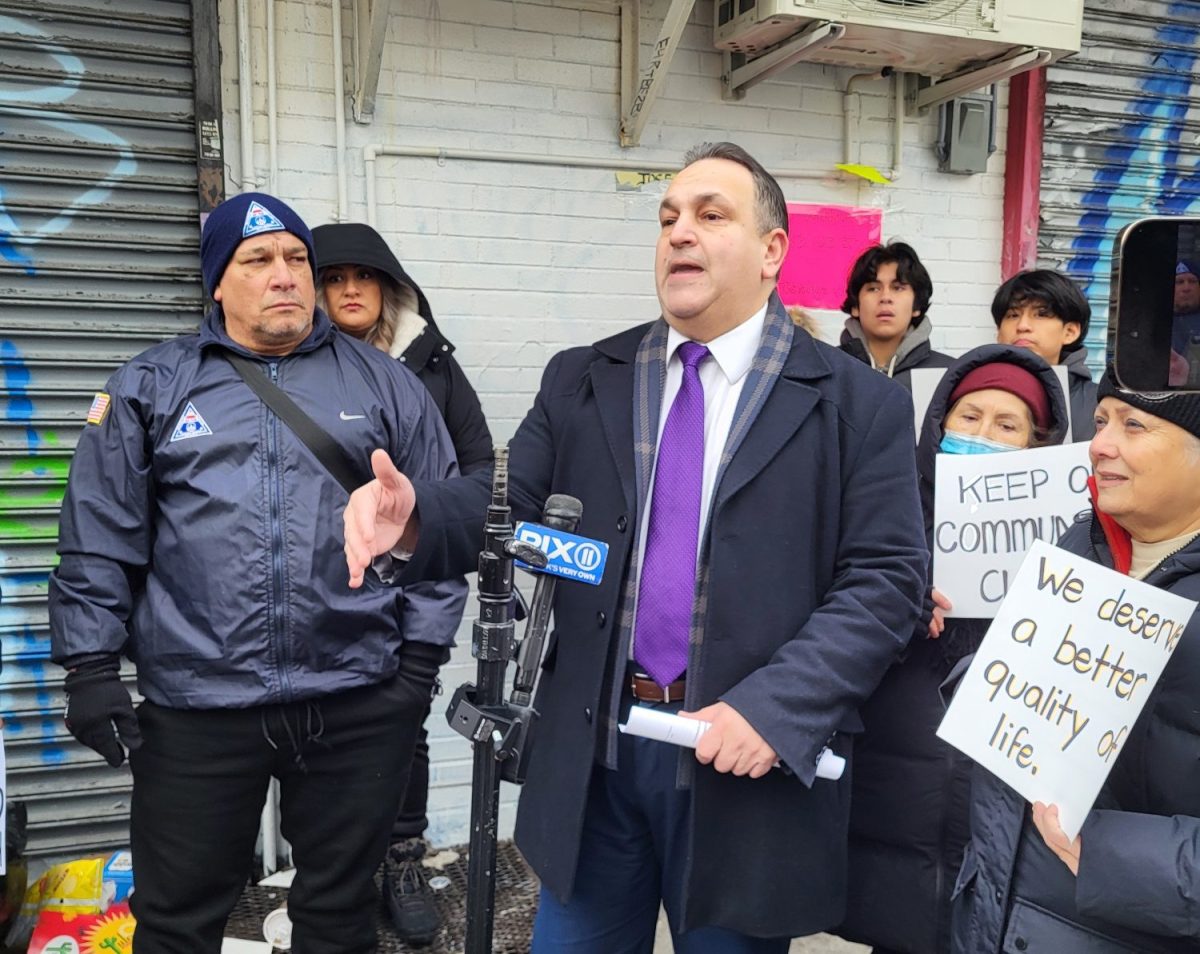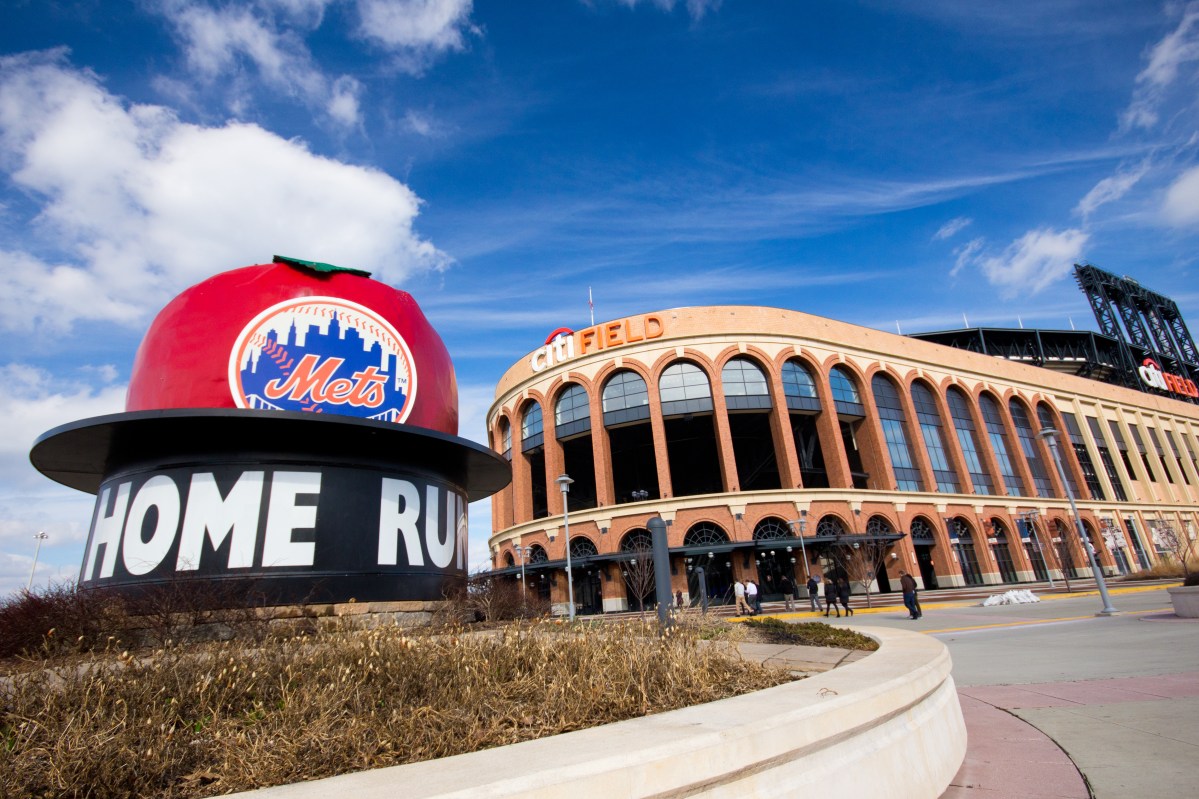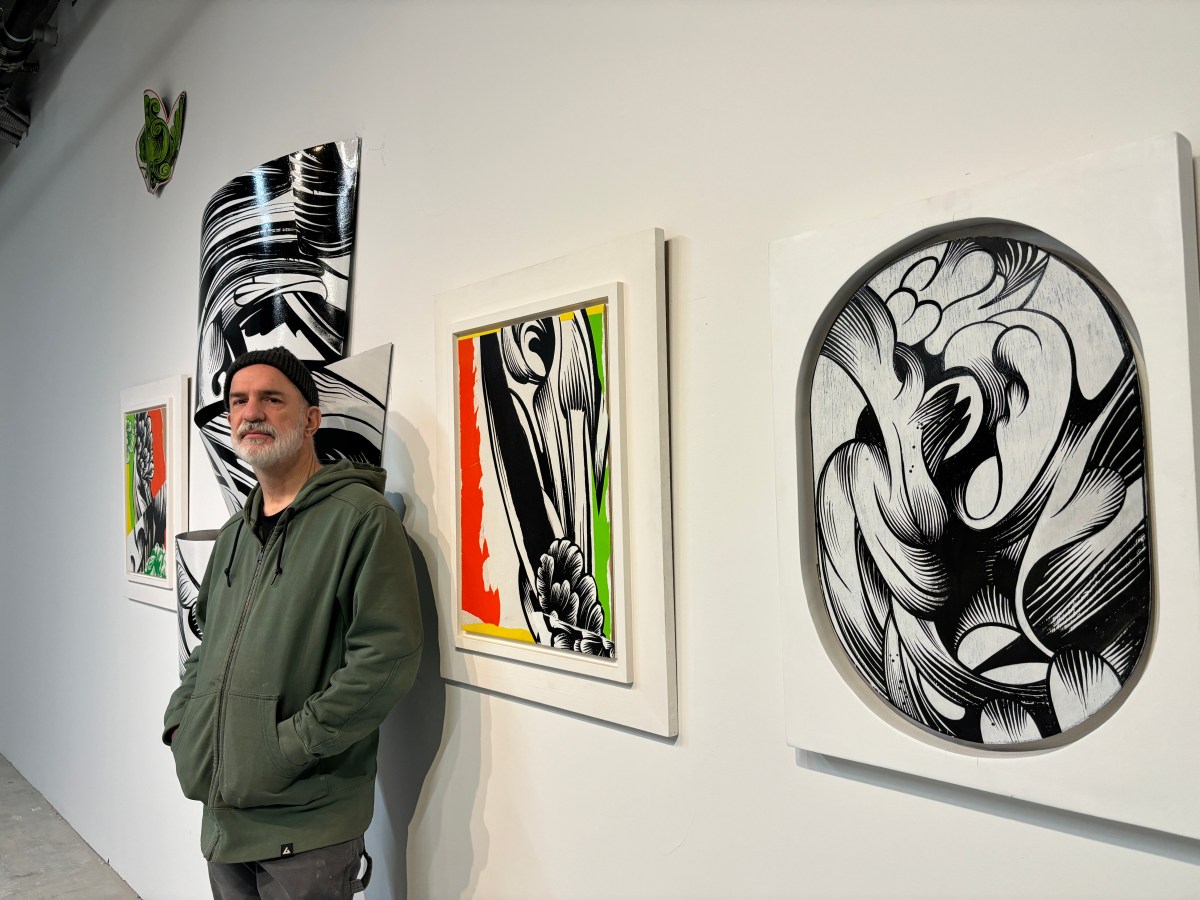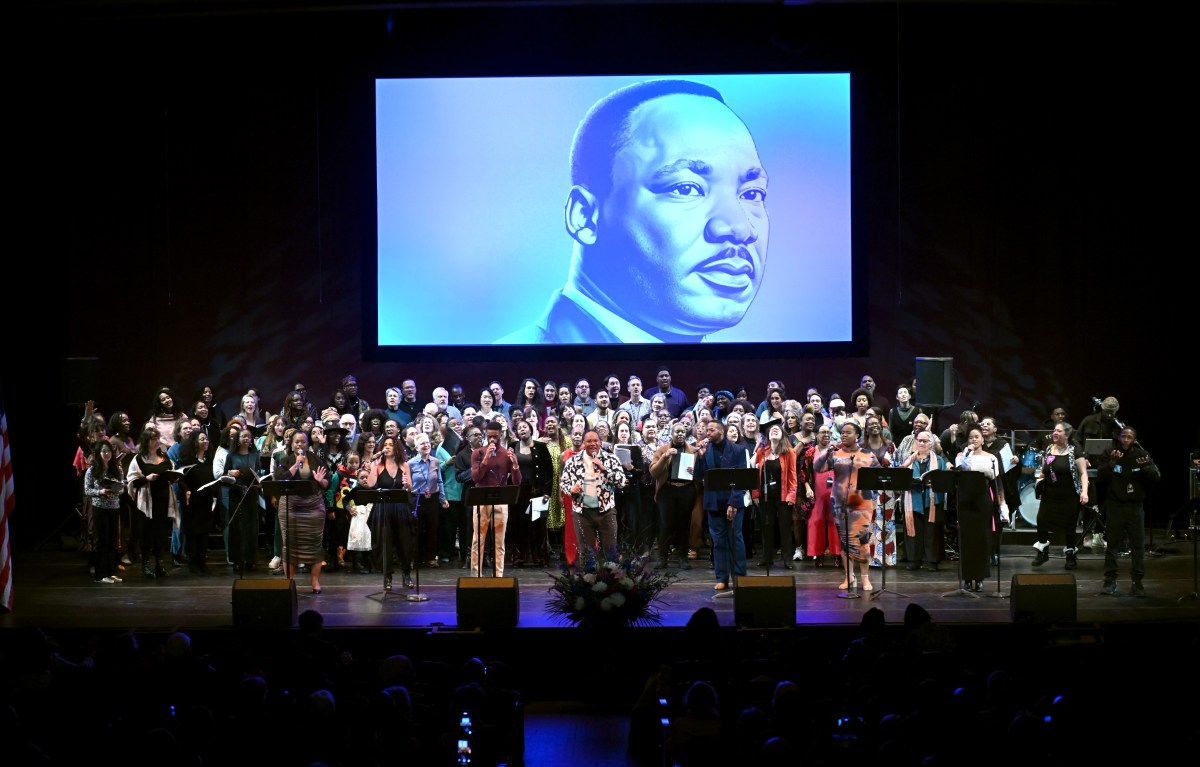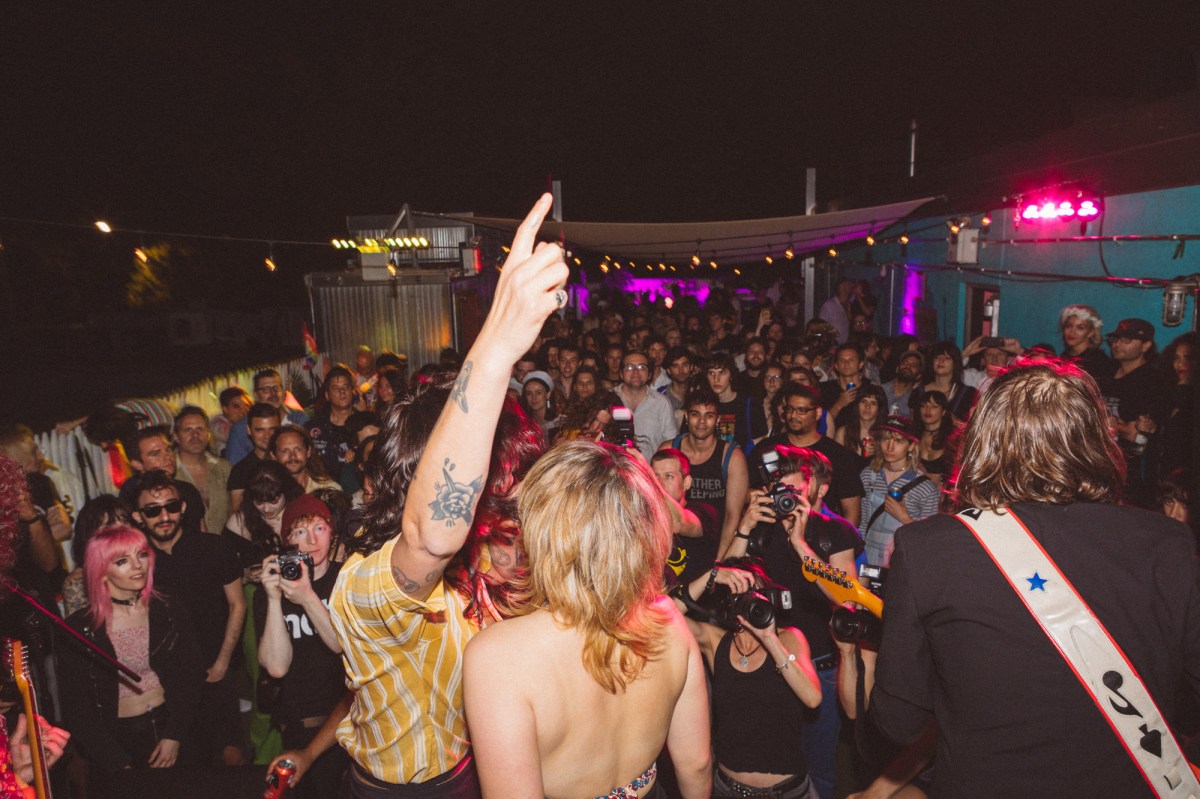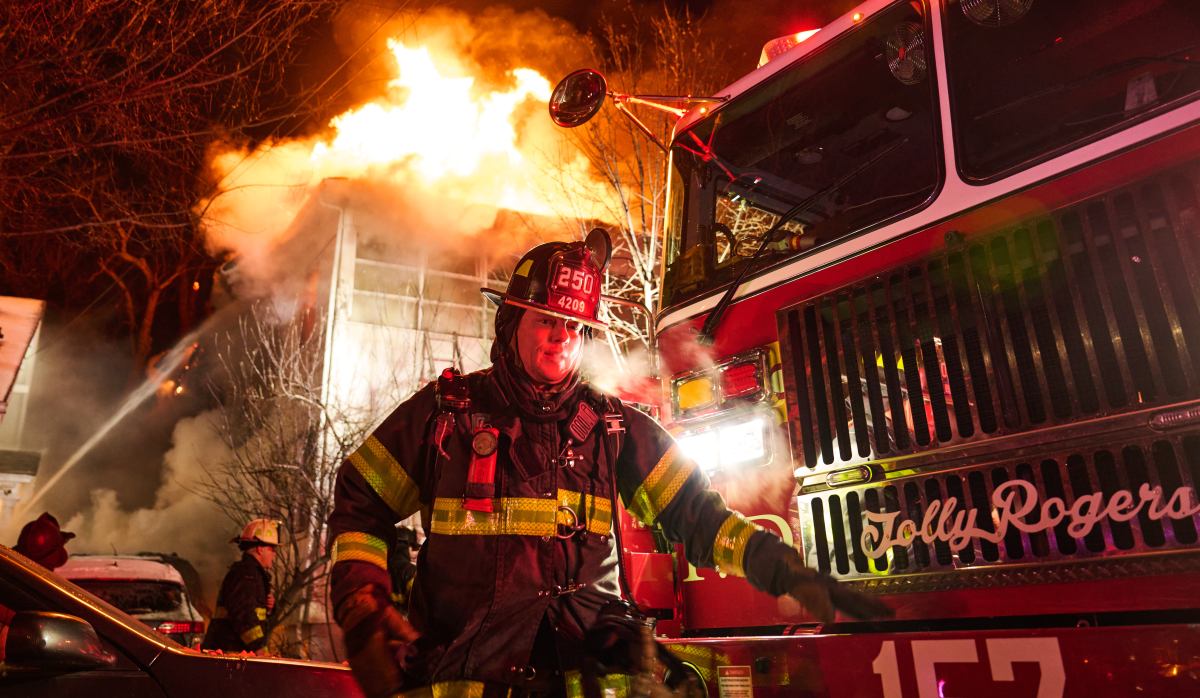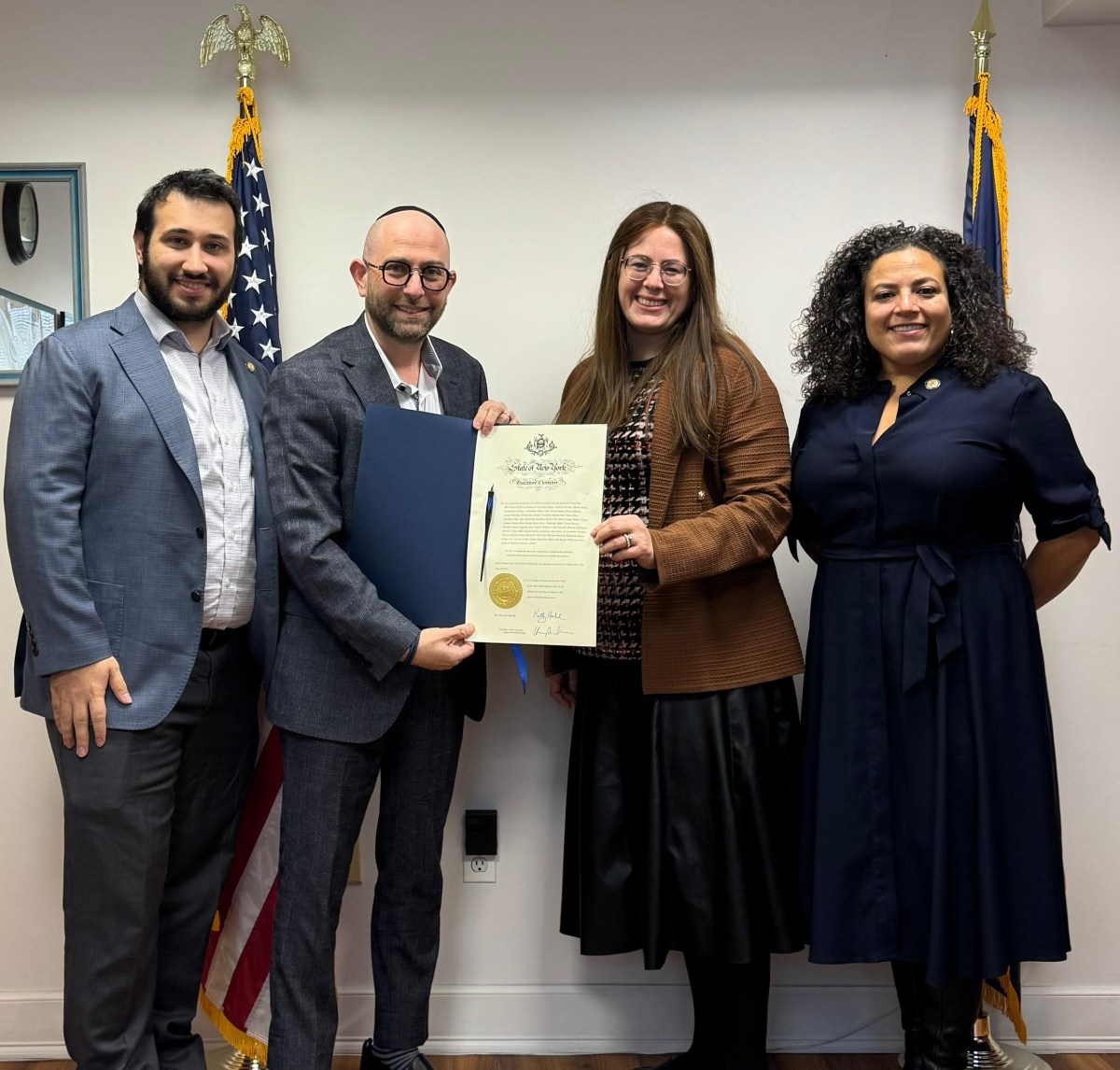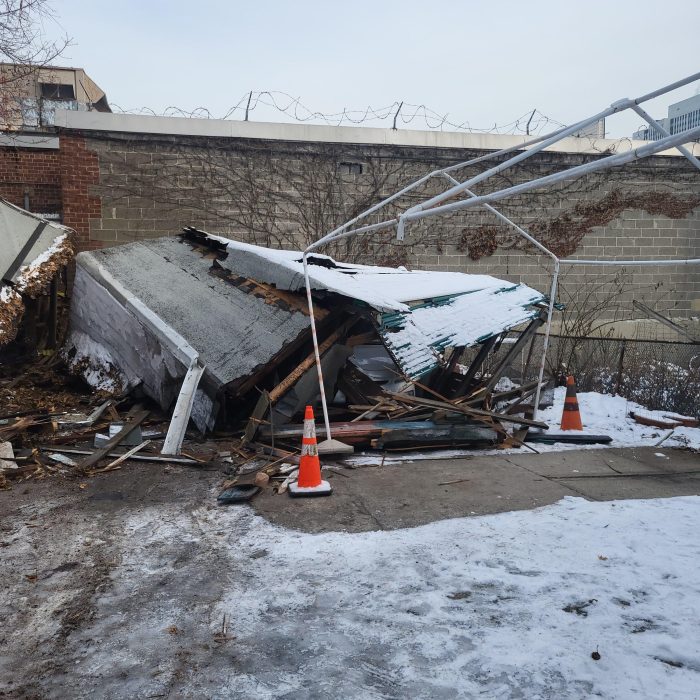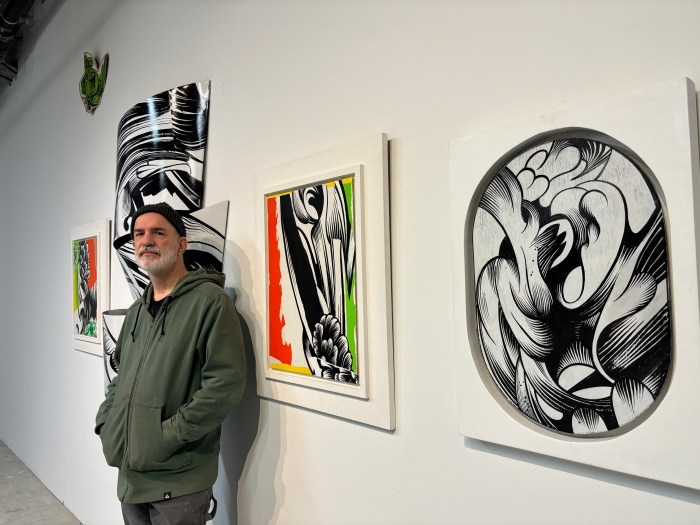
Pull a strand of Brooklyn politics in the last couple decades, and you’ll probably find a Lew Fidler connection.
He was a city councilman in the southeastern part of the borough for more than a decade, and a high-ranking member of the tightly controlled county Democratic Party machine. He was also the guy who would hear out the people who wanted to change that machine. And he helped give various newcomers their starts in politics. That includes city Public Advocate Jumaane Williams. Fidler appointed him to Community Board 18.
Fidler died unexpectedly over the weekend at age 62, and the accolades quickly began to roll in from the mayor and City Council speaker and a host of those in Kings County politics.
He was a “giant of politics” in the Brooklyn orbit, said State Sen. Andrew Gounardes.
The husband and father was “the conscience of the Kings County Democratic party,” said City Councilman Justin Brannan.
He was a “scrupulous liberal," said state committeeman Nick Rizzo, whose Greenpoint/Williamsburg home turf is a world away from the Flatlands to Sheepshead Bay area that was Fidler’s base.
Some of the kind words likely came from Fidler’s reputation as someone who was fair and whose word was good.
Fresh-faced reformers don’t tend to get a good reception from party bosses, and Brandon West, president of the reformer New Kings Democrats, says that some party apparatchiks “don’t even give me eye contact.”
Fidler might have been expected to act similarly, but West says the reformers tended to get a fair shake with the genial politician even when they disagreed.
Fidler agreed with the reformers’ push to stop party executive committee members from endorsing members of their immediate families for judicial posts, said West. On other issues he explained the history of arcane party rules and on occasion even convinced the reformers of why an arcane rule made sense.
He had a pretty expansionist and welcoming reputation for a party leader. Kalman Yeger, a city councilman who had been a Fidler campaign manager, remembers Fidler encouraging the growing Orthodox community in his part of Brooklyn to be a “full participant in politics.” Fidler was Jewish, but Yeger remembers him going a step further in Democratic club dinners: full kosher, so those who needed it weren’t subjected to unappetizing airplane-style kosher portions while everyone else ate other food.
Fidler also was lauded for fighting for those who didn’t have a voice, for whom there rarely is much political constituency.
Thus, his advocacy for homeless LGBTQ children. News accounts sometimes listed him as a lonely council member talking about the issue at news conferences or on hand at an anti-youth homelessness rally in Washington Square Park. In one emotional 2010 speech about budget cuts to shelter funding, he railed about the children who that very night would be sleeping on a subway grating or in a bus station or pushed into sex work. Such realities, he said, were “disgusting” in a “civilized society.”
A substantial man, he said that day that cuts would be done “over my big fat dead bloody body.”
Sometimes his positions conflicted with the conservative-leaning neighborhoods he represented. In a special election run for State Senate in 2012, he lost the backing of some rabbis because he supported same-sex marriage.
He lost that election by 13 votes out of more than 22,000.
So he didn’t go to Albany, but in the years since he advised and nurtured those who did, and you could expect to see him on election days driving around to polling sites and helping volunteers. And then whoever won could expect him to answer their calls and texts, to work through political problems with the goal of helping people.
The mentees and colleagues he left behind will have to continue that work.










